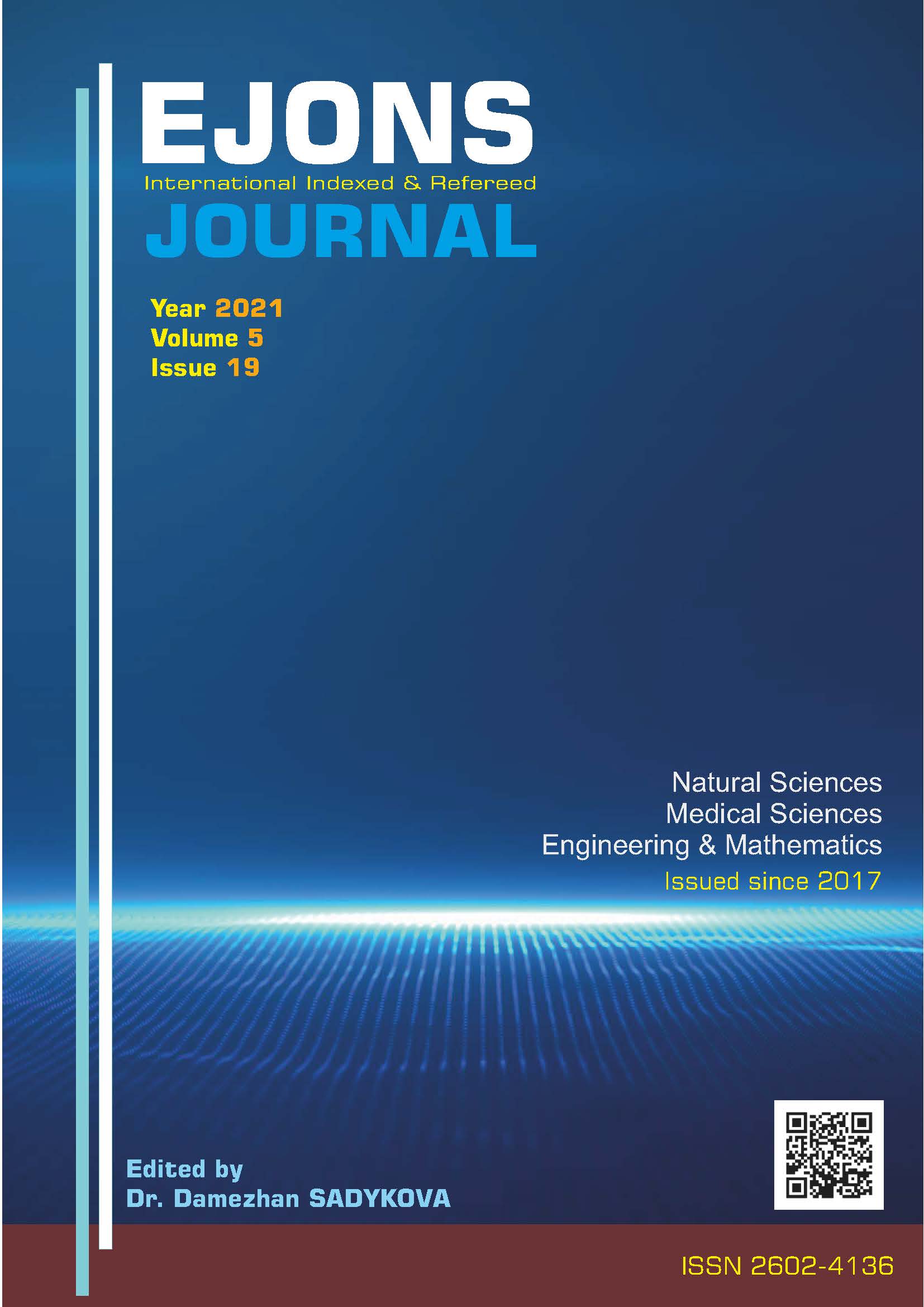THE RELATIONSHIP OF SUBSTANCE ADDICTION AND SUGAR ADDICTION
DOI:
https://doi.org/10.38063/ejons.467Keywords:
Substance abuse, drug addiction, sugar addictionAbstract
Today, it is seen that sugar consumption and substance addiction are on an increasing trend. Although there are many different reasons for this increase, it is reported that the pathways they use in metabolism are common. The state of addiction develops with the operation of many physiological processes. In this process, the reward system in the brain is used. In the brain reward system, dopamine, which plays a role in the development of addiction and is the most important neurotransmitter, comes to the fore. D2 receptors, which are elements of the dopaminergic system, are affected by both substance use and sugar consumption. Studies show that substance addiction creates the sense of pleasure through the brain reward system and sugar consumption has the same effect. Long-term sugar consumption and substance use seem to reduce the level of D2 receptors. The World Health Organization recommends free sugar intake to be less than 10% of daily energy intake. In in vivo studies, it is observed that there is a greater desire for substance use or sugar consumption in cases where access to the substance or sugar becomes difficult. Considering the activation of similar pathways, reducing sugar consumption rather than preventing it may be a more appropriate nutritional recommendation in the treatment of substance addiction. However, more clinical research is needed on this subject.
Downloads
Published
How to Cite
Issue
Section
License

This work is licensed under a Creative Commons Attribution-NonCommercial 4.0 International License.


